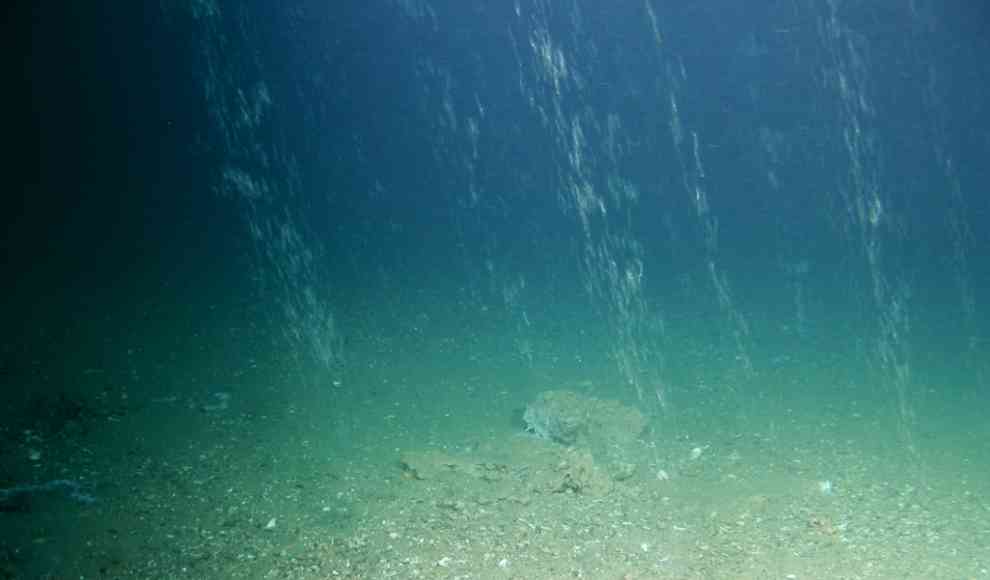The extraction of oil and gas from the seabed is proving to be a significant climate hazard. Researchers have discovered that abandoned drilling holes release the harmful gas methane, which is around 28 times more damaging to the climate than carbon dioxide. A study by the Geomar Helmholtz Centre for Ocean Research at the University of Kiel has revealed that methane is flowing in large quantities from underground reservoirs through these abandoned drilling holes. The gas is located in gas pockets at a depth of approximately 1,000 meters. The researchers analyzed data from a total of 1,700 drilling holes in German waters for their study, which was published in the current issue of the International Journal of Greenhouse Gas Control. The results were alarming, with between 900 and 3,700 tons of the climate gas escaping from former drilling sites each year. However, this is only a fraction of the approximately 15,000 such drilling holes in the North Sea.
The study’s findings confirm a global phenomenon for the German North Sea coast. In 2017, approximately 600 million tons of methane were released into the atmosphere worldwide, with over 50% attributed to human activity. The global extraction of oil and gas from the seabed plays a significant role in this, as does the increasing livestock farming. Both effects have almost equal values, according to Pep Canadell of the Australian research institution CSIRO Oceans and Atmosphere. The Australian researcher estimates that methane accounts for 21% of global warming. Greenpeace is calling for an immediate end to the extraction of fossil fuels in the North Sea. On the 25th anniversary of the Brent Spar disaster, the environmental organization highlighted the negative consequences of oil and gas extraction. The extraction facilities in the Northeast Atlantic alone emit over 30 million tons of carbon dioxide per year. Greenpeace points out the immense costs of extraction, which, in addition to the carbon dioxide emissions, also lead to oil spills and the use of chemicals that pollute the ocean. The organization estimates that 9,200 tons of crude oil and 182,000 tons of chemicals are released into the ocean.










